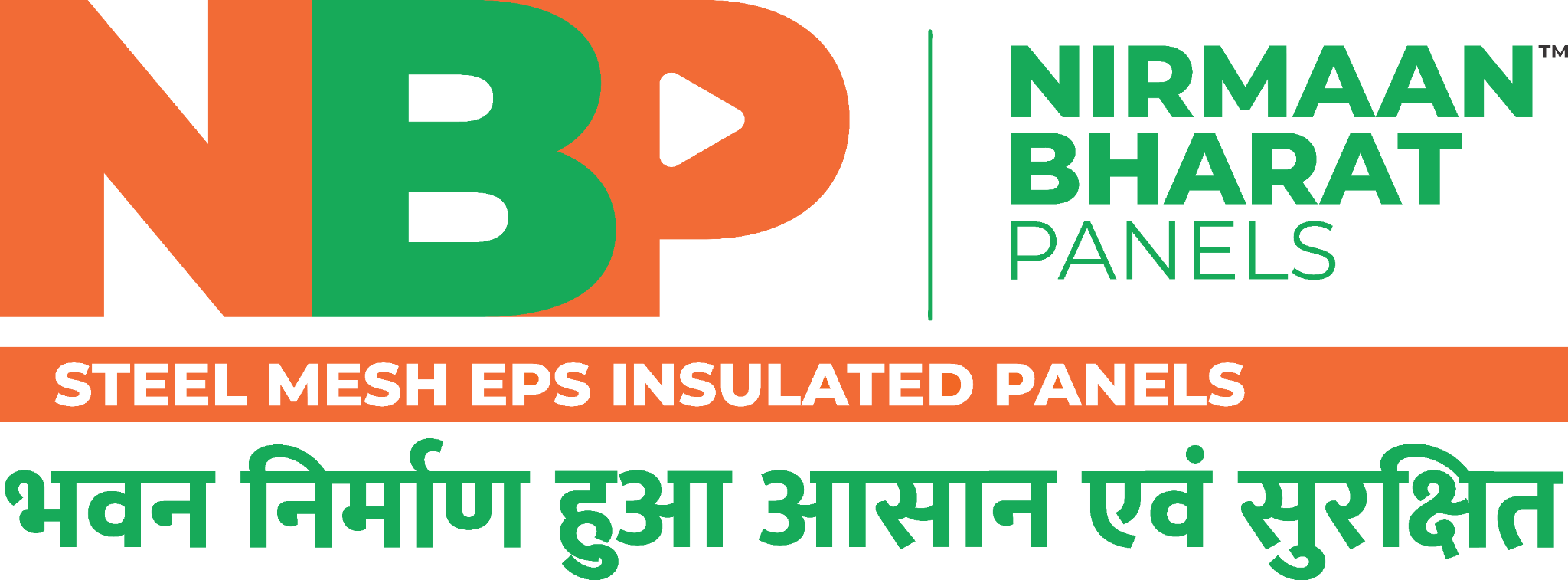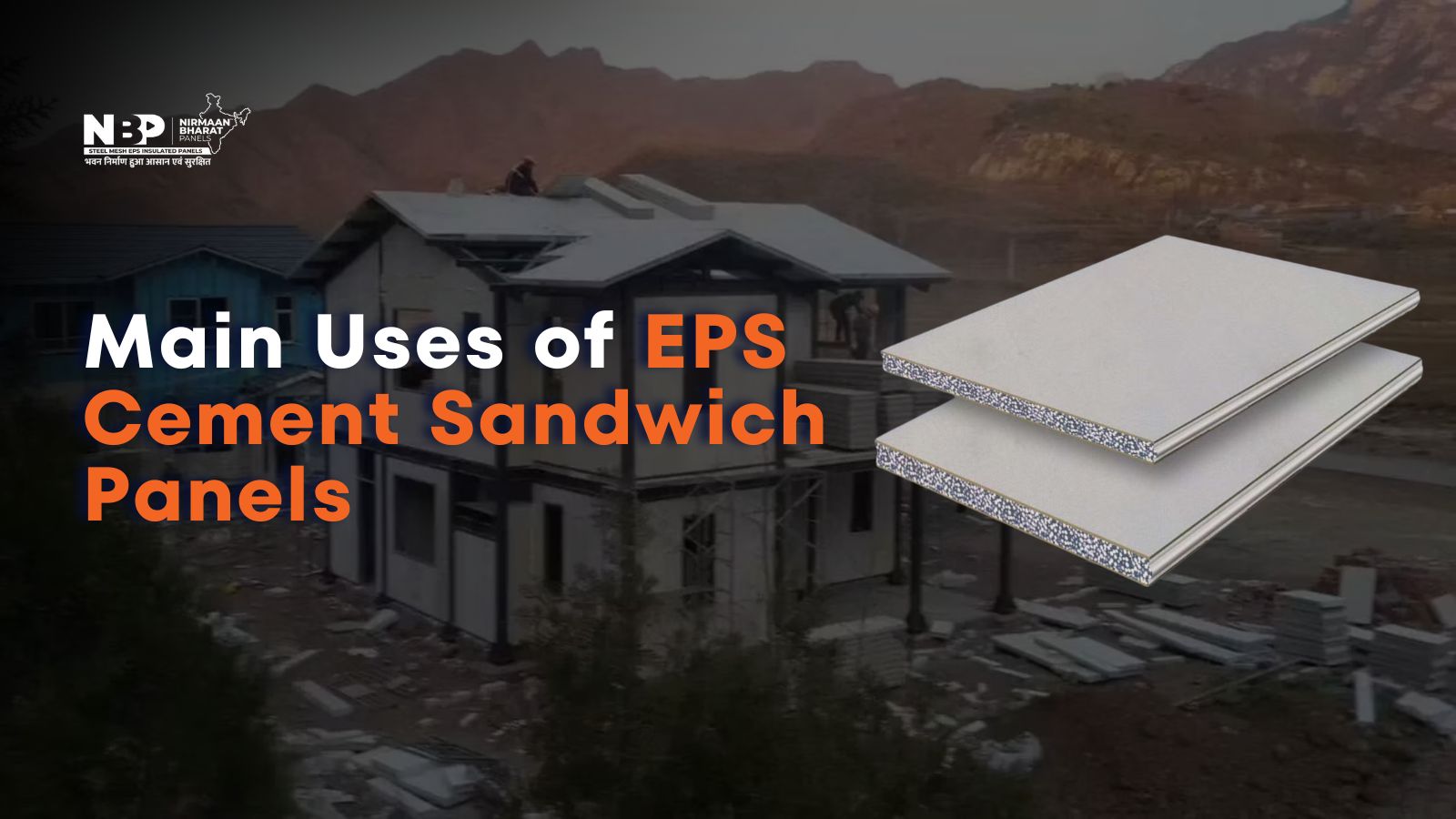EPS (Expanded Polystyrene) cement sandwich panels are one of the most innovative and versatile construction materials in today’s market. These panels consist of two layers of cement-based material with an EPS foam core, offering benefits such as thermal insulation, soundproofing, and structural integrity. With growing demand for sustainable and energy-efficient buildings, EPS cement sandwich panels have emerged as a popular choice in construction projects worldwide. This blog will explore the main uses of EPS cement sandwich panels, their advantages, and how they contribute to the future of construction.
Table of Contents
ToggleWhat is an EPS Cement Sandwich Panel?
Before diving into the uses, it’s essential to understand what an EPS cement sandwich panel is. These panels consist of three layers: two external layers of cement-based materials (usually reinforced concrete or fibre cement) and an internal core of EPS foam. EPS foam, a lightweight material made from expanded polystyrene beads, offers excellent thermal insulation properties. The combination of cement and EPS foam creates a panel that is strong, durable, and energy-efficient.
Main Uses of EPS Cement Sandwich Panels
The EPS Cement Sandwich Panels are ideal for a variety of applications, including walls, roofs, and floors, providing energy-efficient and sustainable building solutions. Here are the main uses of EPS Cement Sandwich Panels:
1. Wall Panels for Residential and Commercial Buildings:
One of the most common applications of EPS cement sandwich panels is wall panels for both residential and commercial buildings. These panels offer numerous advantages over traditional brick or concrete walls:
- Thermal Insulation: EPS foam provides excellent thermal insulation, which helps maintain a comfortable indoor temperature, reducing the need for air conditioning and heating systems. This makes EPS cement sandwich panels ideal for energy-efficient buildings.
- Quick Installation: These panels are lightweight and easy to transport, making the construction process quicker and more efficient. They can be installed in a fraction of the time it would take to build traditional brick or concrete walls.
- Fire Resistance: The cement layers on the outside of the EPS foam provide fire resistance, making these panels a safe choice for residential and commercial buildings.
- Soundproofing: The EPS foam core also has soundproofing properties, making these panels excellent for buildings located in noisy environments or in need of sound isolation, such as offices, hotels, or multi-family dwellings.
2. Roof Panels:
People widely use EPS cement sandwich panels as roof panels in both residential and commercial structures. These panels provide several benefits when used for roofing:
- Thermal Insulation: Just as they do for walls, the EPS core in these panels offers superior thermal insulation for roofs. This helps to keep the interior of the building cool in hot climates and warm in cold climates, improving energy efficiency and comfort.
- Lightweight: Compared to traditional roofing materials like concrete or metal, EPS cement sandwich panels are much lighter, which reduces the load on the building’s structural framework. This can result in cost savings on foundation and structural support.
- Waterproofing: The cement layers on the outside of the EPS panels provide a waterproof barrier, making the roof more durable and resistant to water damage. This is especially advantageous in regions that experience significant rainfall or snowfall.
3. Partition Walls:
EPS cement sandwich panels are an excellent choice for creating partition walls in both residential and commercial spaces. These panels are used to divide interior spaces quickly and efficiently, offering several benefits:
- Cost-Effective: They are a more affordable option than traditional brick or drywall partitions. The ease of installation and lower material costs make them a budget-friendly alternative for partitioning large spaces.
- Energy-Efficient: Like other applications, the thermal insulation properties of EPS foam are beneficial in partition walls, helping to maintain consistent temperatures within different areas of the building.
- Durability: EPS cement sandwich panels are durable and resistant to wear and tear, making them ideal for high-traffic areas such as offices, shopping malls, and schools.
4. Cold Storage and Refrigerated Warehouses:
EPS cement sandwich panels are extensively used in the construction of cold storage facilities and refrigerated warehouses. These structures require materials that offer excellent insulation properties to maintain specific temperatures for food storage or pharmaceutical products. EPS cement sandwich panels are ideal for these applications due to their:
- Superior Insulation: The EPS foam core provides excellent thermal resistance, making it easier to maintain low temperatures inside cold storage units.
- Moisture Resistance: The cement layers help prevent moisture infiltration, ensuring that the interior of the cold storage area remains dry and free from mold or mildew.
- Energy Efficiency: By reducing the need for energy-consuming refrigeration systems, EPS cement sandwich panels help minimize energy costs in cold storage facilities.
5. Prefabricated Modular Buildings:
EPS cement sandwich panels commonly construct prefabricated modular buildings. Builders construct these buildings off-site in a controlled environment and transport them to their final location for assembly. The advantages of using EPS cement sandwich panels in modular construction include:
- Speed of Construction: Prefabricated buildings can be assembled much faster than traditional construction methods. The use of EPS cement sandwich panels speeds up the process, as these panels can be pre-cut and pre-assembled in the factory.
- Customizability: EPS cement sandwich panels can be easily customized to meet the specific needs of the building, whether it’s for residential, commercial, or industrial purposes.
- Energy Efficiency: Modular buildings constructed with EPS cement sandwich panels are highly energy-efficient, thanks to the excellent thermal insulation properties of the panels.
6. Building Facades:
EPS cement sandwich panels are increasingly being used as external facades for buildings. These panels offer both aesthetic and functional benefits, making them a popular choice for modern architectural designs:
- Aesthetic Appeal: Finish EPS cement sandwich panels with various textures and colors to complement the building’s design, making them a versatile option for facades.
- Energy Efficiency: The thermal insulation properties of EPS foam help maintain energy efficiency in buildings by reducing the need for heating and cooling systems.
- Weather Resistance: The cement layers protect the building from weather elements, such as rain, wind, and UV radiation, ensuring that the facade remains durable and long-lasting.
7. Sustainable Construction:
As the world moves towards more sustainable and eco-friendly building practices, EPS cement sandwich panels are gaining popularity for their environmentally friendly properties. These panels contribute to sustainable construction in several ways:
- Recyclability: EPS foam is recyclable, which reduces waste and the environmental impact of construction projects.
- Energy Efficiency: Buildings constructed with EPS cement sandwich panels are more energy-efficient, which helps reduce energy consumption and lowers carbon emissions.
- Reduced Material Usage: The lightweight nature of EPS cement sandwich panels reduces the amount of raw materials required for construction, contributing to a more sustainable building process.
Advantages of Using EPS Cement Sandwich Panels
Energy Efficiency One of the key advantages of EPS cement sandwich panels is their energy efficiency. The combination of EPS foam’s insulation properties and the cement layers’ durability helps maintain consistent indoor temperatures, reducing the need for air conditioning and heating systems. This translates to lower energy consumption and cost savings over time.
Cost-Effective EPS cement sandwich panels are a cost-effective building material. They are lightweight, easy to transport, and quick to install, reducing labour costs and construction time. Additionally, their energy efficiency leads to long-term savings on utility bills.
Durability and Strength Despite their lightweight nature, EPS cement sandwich panels are incredibly strong and durable. The cement layers provide structural integrity, while the EPS foam core adds strength without sacrificing flexibility. These panels are resistant to moisture, fire, and pests, making them ideal for a variety of construction applications.
Sustainability EPS cement sandwich panels contribute to sustainable construction practices by reducing energy consumption, minimizing material waste, and using recyclable materials. Their thermal insulation properties help reduce the carbon footprint of buildings, making them an eco-friendly choice for green construction projects.
Soundproofing Another important benefit of EPS cement sandwich panels is their ability to provide soundproofing. The EPS foam core absorbs sound, making these panels ideal for buildings in noisy environments or where sound isolation is required.
Conclusion
EPS cement sandwich panels have become an essential building material in modern construction. Their versatile applications, including wall panels, roof panels, partition walls, cold storage units, and modular buildings, make them a popular choice for residential, commercial, and industrial projects. With advantages such as energy efficiency, cost-effectiveness, durability, and sustainability, the uses of EPS cement sandwich panels is transforming the construction industry. Whether you’re looking to build an energy-efficient home, a soundproof office, or a sustainable commercial building, these panels offer a reliable and eco-friendly solution.
For businesses seeking to improve construction processes, Pro Facility Services offers expertise in implementing innovative building materials like EPS cement sandwich panels, ensuring high-quality, efficient, and sustainable results for your projects.
FAQs about EPS Cement Sandwich Panels
Q1. What are the main benefits of EPS cement sandwich panels?
Ans: EPS cement sandwich panels offer numerous benefits, including excellent thermal insulation, soundproofing, durability, and fire resistance. They are also lightweight, quick to install, and cost-effective, making them ideal for both residential and commercial construction projects.
Q2. Can EPS cement sandwich panels be used for both walls and roofs?
Ans: Yes, EPS cement sandwich panels are versatile and can be used for both walls and roofs. They provide superior insulation, moisture resistance, and structural strength, making them an excellent choice for a wide range of building applications.
Q3. Are EPS cement sandwich panels environmentally friendly?
Ans: Yes, EPS cement sandwich panels are eco-friendly. They are energy-efficient, reduce material usage due to their lightweight nature, and the EPS foam used is recyclable, contributing to sustainable construction practices.



